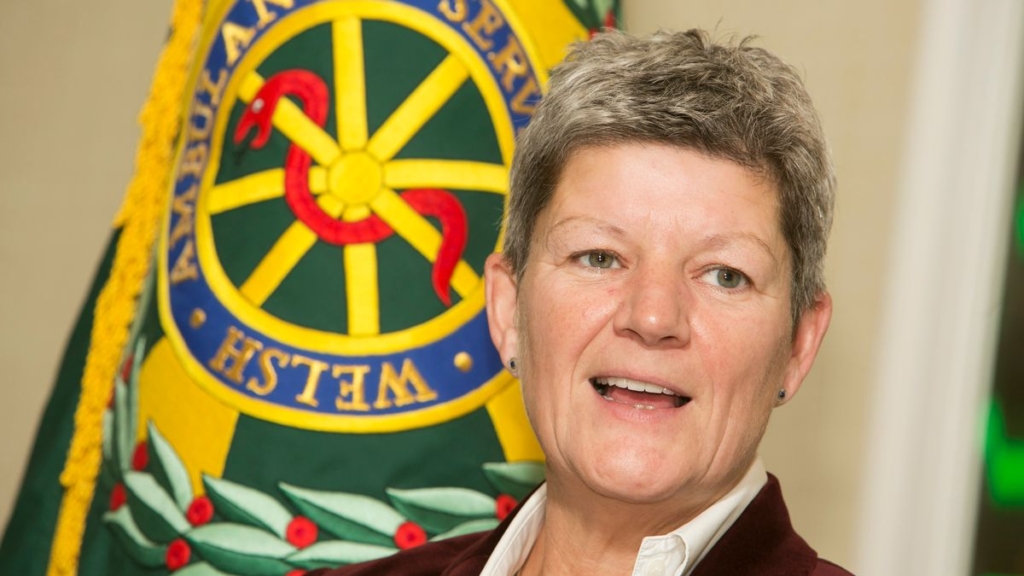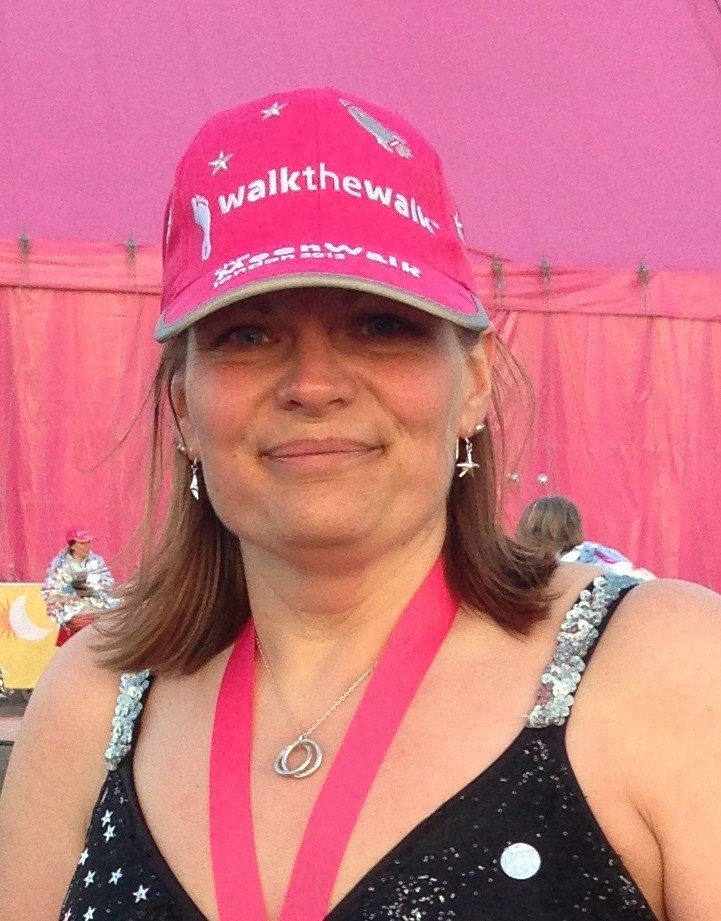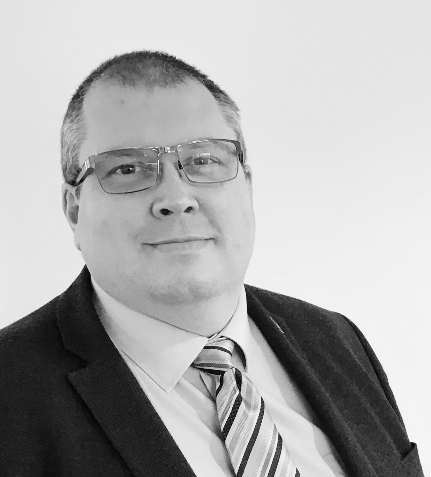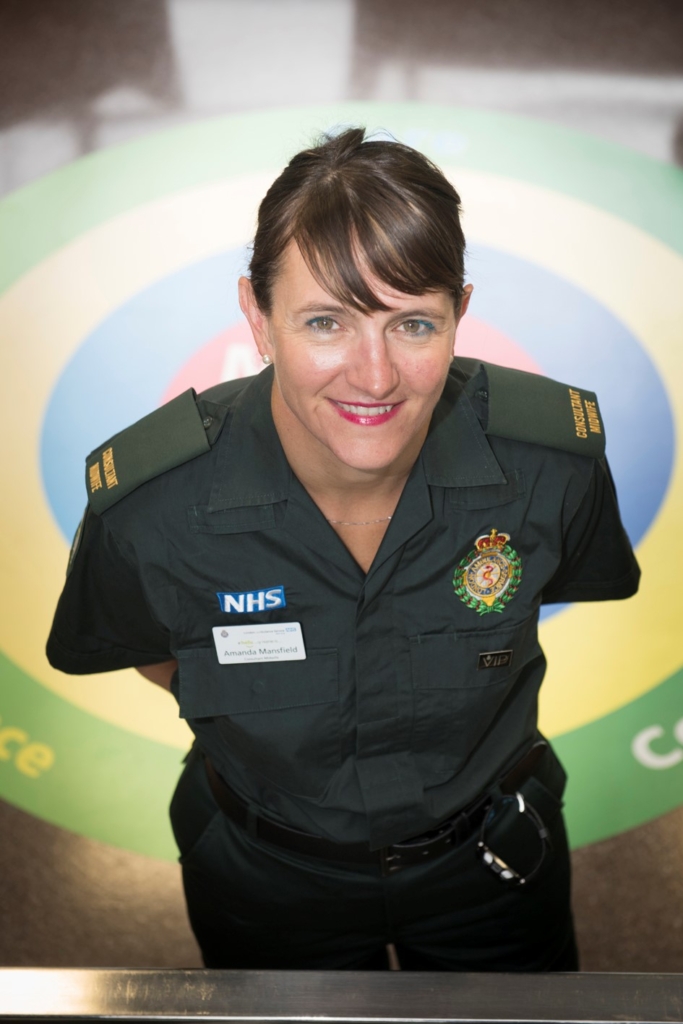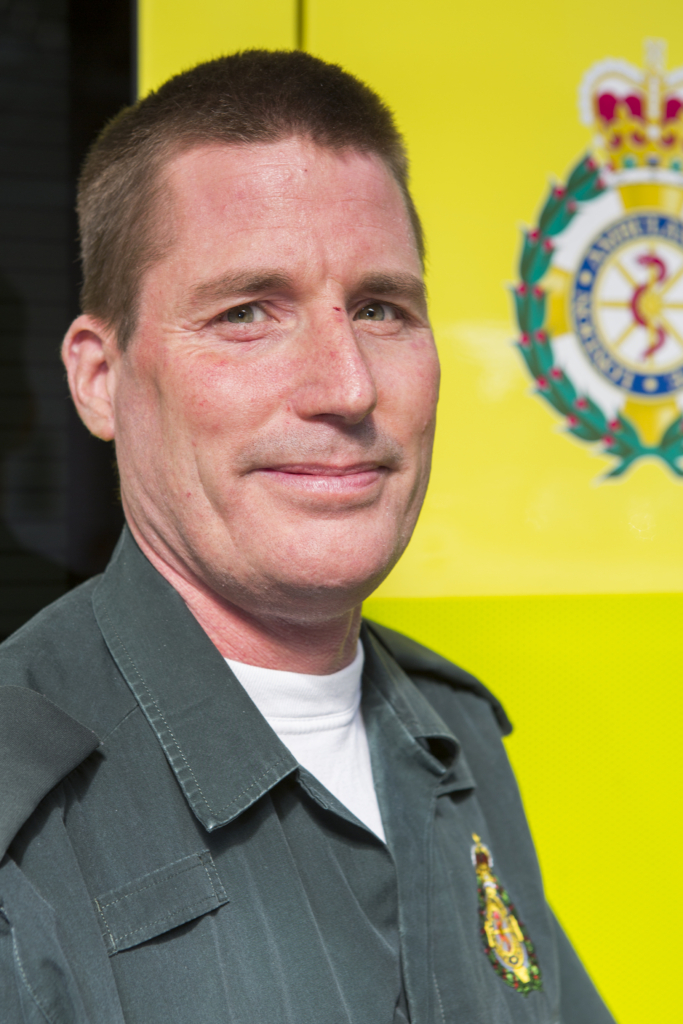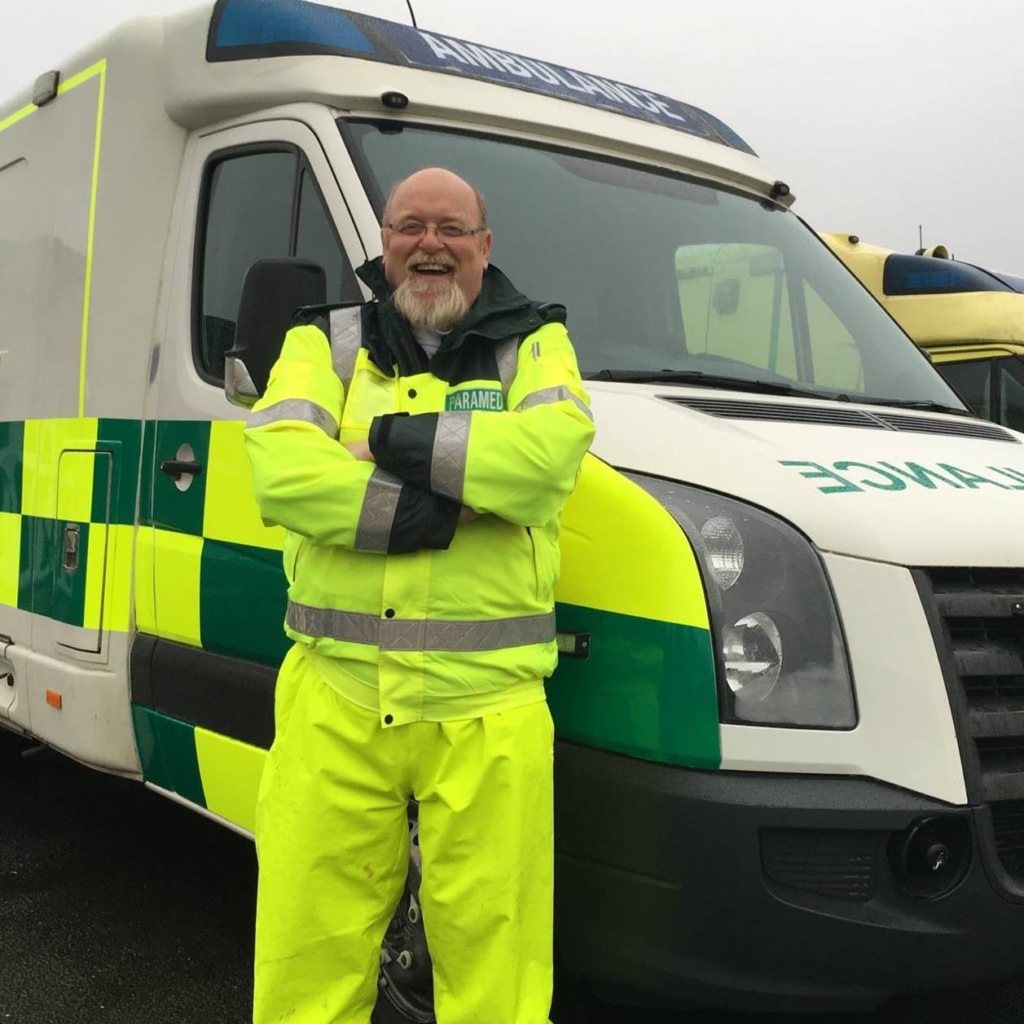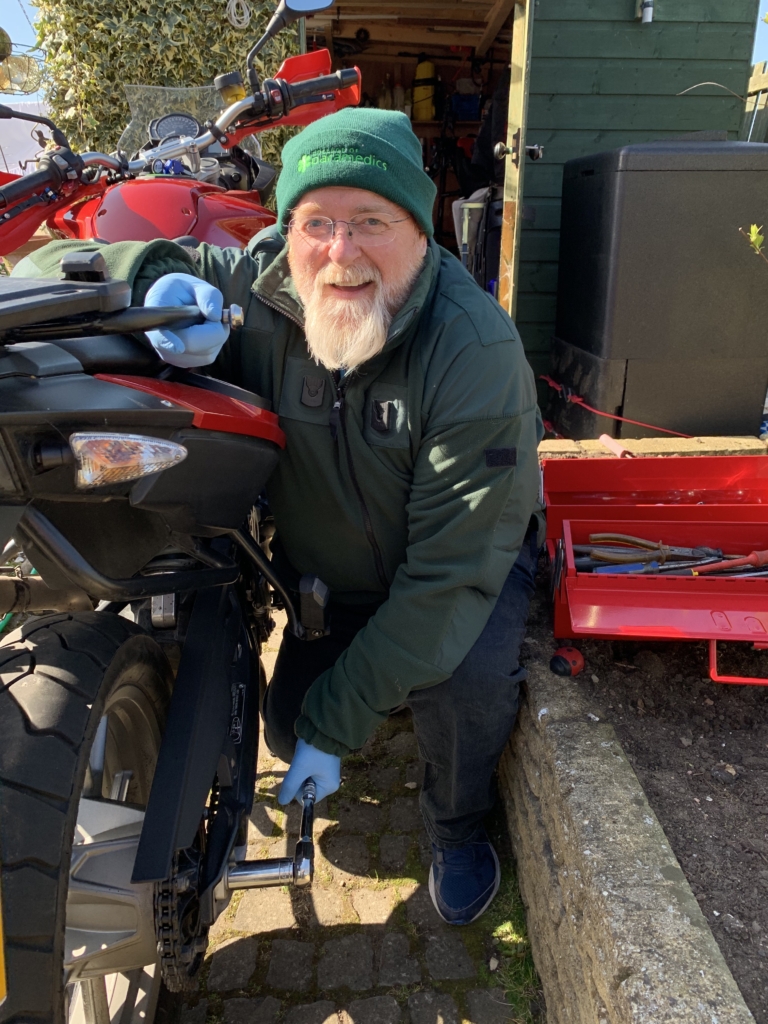Welsh Ambulance Service Colleagues Recognised in Queen’s Birthday Honours List
Two Welsh Ambulance Service colleagues have been recognised in the Queen’s Birthday Honours List, it was announced this evening.
Andy Swinburn, the Trust’s Associate Director of Paramedicine, and Sue Owen-Williams, a Nurse Advisor for NHS 111 Wales, have been awarded the prestigious Queen’s Ambulance Service Medal.
Meanwhile, former Chief Executive Tracy Myhill has also been awarded an OBE for her services to NHS Wales.
They are among 1,129 recipients to receive an award – from caring neighbours, frontline and community heroes, to those supporting the UK’s Covid-19 recovery.
Jason Killens, Chief Executive of the Welsh Ambulance Service, said: “We’re beyond thrilled that Andy and Sue have been recognised in the Honours List, which is testament to their commitment to the NHS over many years.’
“These awards recognise the hard work and dedication of some of our very best ambulance professionals, and I’d like to extend a huge congratulations to our recipients.”
Sue Owen-Williams joined NHS Direct Wales – now the NHS 111 Wales service – in 2005 as a Nurse Advisor after working as a Staff Nurse on a genito-urinary unit, having qualified in 1994.
Sue, who is based in Bangor, Gwynedd, has raised thousands of pounds for cancer charities through a series of gruelling walks, including Cancer Research UK’s Shine Night Walk and nine of Walk the Walk charity’s MoonWalks.
Director of Operations Lee Brooks QAM said: “Sue’s commitment and dedication to her fundraising efforts are testament to her tenacity.
“At work, Sue delivers excellent clinical advice for her patients at all times.’
“She works calmly and effectively, and provides kind and compassionate support to our patients and the team around her when they are dealing with complex clinical issues.’
“It is an exceptional professional that can pull together a team which is under pressure and recognise when her colleagues require support.
“She is a remarkable, caring nurse and invaluable to our organisation.”
Meanwhile, Andy Swinburn joined Lancashire Ambulance Service in 1991 as an Ambulance Person and progressed to Ambulance Technician, Paramedic, Leading Ambulance Paramedic and Operational Trainer.
He was appointed Education and Training Manager in 2002, and in 2006, became the Professional Development Manager at North West Ambulance Service, where he led the development of a clinical leadership structure.
It was during this time the Lancashire-native also obtained his MSc in Advanced Clinical Practice from Bolton University.
In 2013, Andy moved to East Midlands Ambulance Service to take up the role of Consultant Paramedic before securing his current position at the Welsh Ambulance Service in 2017.
He already has a string of awards to his name, including Health Service Journal’s Best Innovation Award, as well as the Allied Health Professional of the Year Award and Allied Health Professional Clinical Leadership Award in the Advancing Healthcare Awards.
Medical Director Dr Brendan Lloyd said: “Andy’s ground-breaking work around Advanced Paramedic Practitioners and leadership of the profession, both locally and through the College of Paramedics, means the Welsh Ambulance Service is recognised as one of the most progressive in terms of advanced paramedic practice.
“In 2018, Andy also implemented a 24/7 Senior Clinical Support service for staff so that no decision is made in isolation, which continues successfully today across Wales.”
Also recognised in the list is Tracy Myhill, the Trust’s Chief Executive from 2014-18, who has been awarded an OBE (Officer of the Order of the British Empire) for her services to NHS Wales.
Tracy said: “I’ve been so privileged to have had such an extraordinary and rewarding career – from receptionist to Chief Executive – working with so many exceptional and inspirational people.’
“I have been, and remain, passionate about improving the health of the population and health services for the people of Wales and whilst now retired from the NHS, I remain dedicated to supporting people and organisations to be the best they can be.’
“And to every receptionist out there, I say you too can achieve anything you dare to dream of.”
Prime Minister Boris Johnson said: “The Queen’s Birthday Honours allow us to pay tribute to all those who have gone above and beyond in their service to this country.
“Throughout the pandemic we have seen countless examples of every day heroes.
“From those using their expertise to help develop life-saving vaccines, which are now being rolled out successfully to all parts of the UK, to the people who have given time and energy to care for their communities.’
“We should take heart from the stories of those receiving honours today and be inspired by their courage and kindness.’
“May they be a reminder of all that we can achieve when we come together as a society.”
Quality content
- Casinos Not On Gamstop
- Casinos Not On Gamstop
- Casino Sites Not On Gamstop
- Non Gamstop Casino
- UK Online Casinos Not On Gamstop
- Casino Sites Not On Gamstop UK
- Casino Sites Not On Gamstop
- Games Not On Gamstop
- Sites Not On Gamstop
- UK Online Casinos Not On Gamstop
- Casino Not On Gamstop
- Slots Not On Gamstop
- Casino Not On Gamstop
- Gambling Not On Gamstop
- Casinos Not On Gamstop
- Non Gamstop Casino
- UK Online Casinos Not On Gamstop
- Casino Sites Not On Gamstop
- Best Betting Sites
- Best UK Online Casinos
- New Horse Racing Betting Sites


